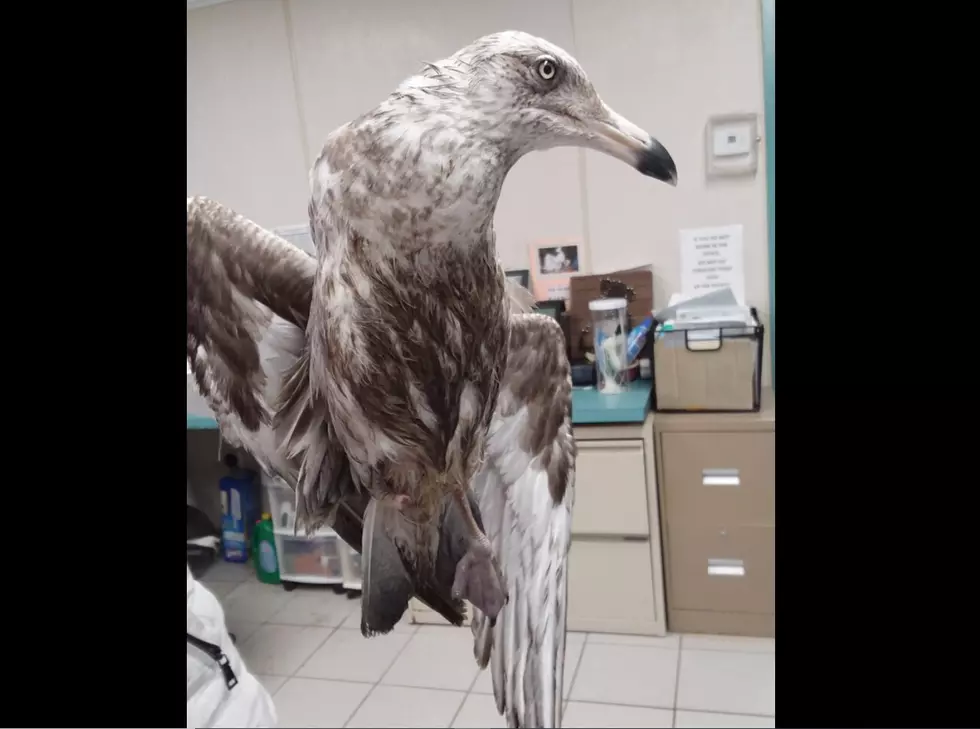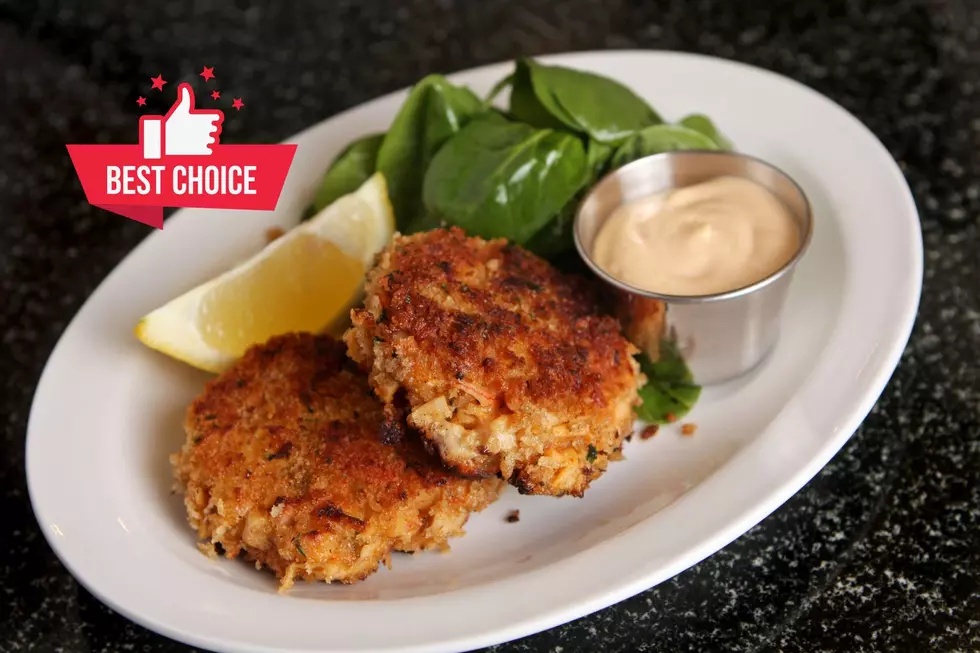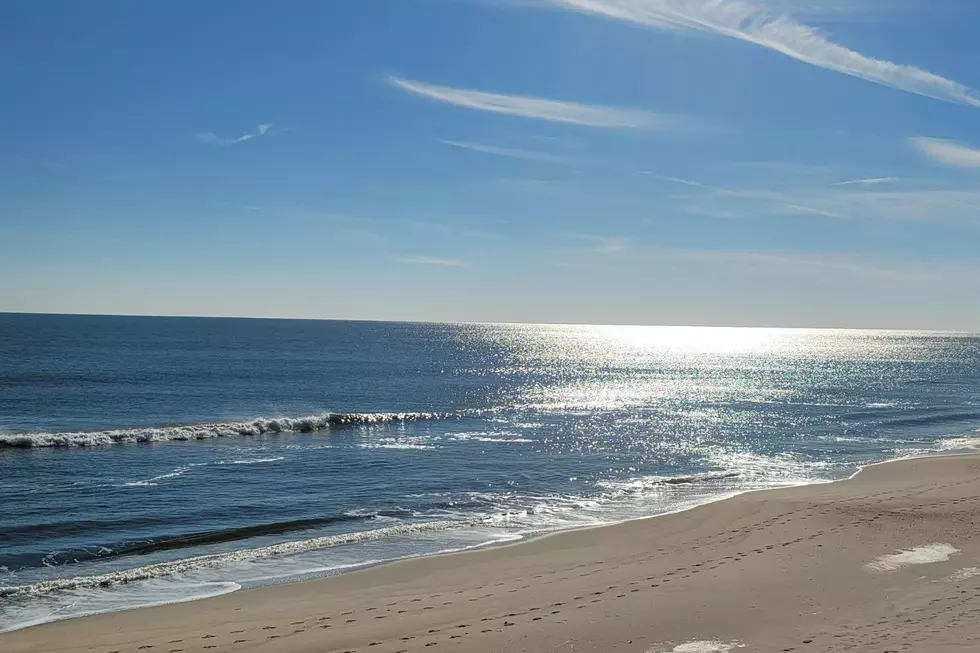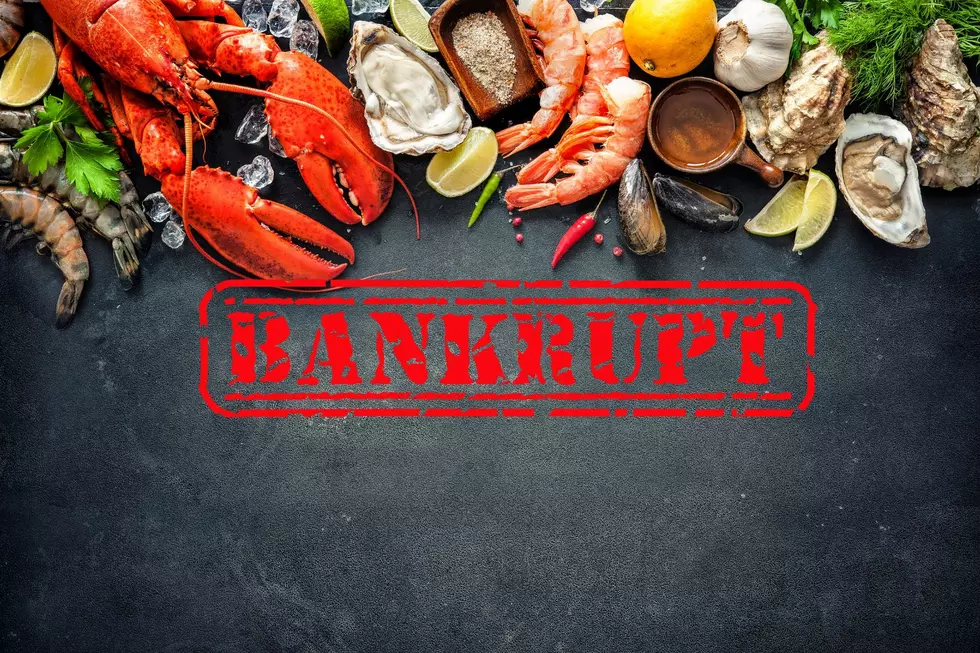
Shelter Blames Discarded Fishing Line for Surf City Gull’s Death
The Popcorn Park Shelter wants to make it clear to South Jersey fishermen just how dangerous it is to marine life to discard long spools of fishing line in the ocean. The Surf City Police department on Long Beach Island called the shelter after finding an injured gull that was tangled badly in fishing line.

Unfortunately, there wasn't much that the Popcorn Park Shelter could do for the bird.
As soon as the gull arrived at our facility, sadly, one of his legs fell off. The limb was necrotic, as it was wrapped tightly in fishing line for a long time. The other leg was nearly severed as well. Due to his inability to sustain himself in this condition, the bird was severely anemic and starving. His health was compromised so badly that he did not make it. If nothing else, at least he was with us and had a peaceful end, rather than slowly suffering out in the wild.
The shelter is quick to differentiate between accidents with fishing line or a snagged fishing line on a rock that must be cut.
We're not talking about the accidental gear that ends up in our waters, we are talking about the careless people that are re-tying jigs and toss the leftover line in the water. Or when they spool up their reels and cut the line, and just thrown the whole bunch of it in the water. There's no reason for it. It does not disintegrate. It's careless, reckless behavior that endangers marine life and results in stories like this one.
PLEASE, be respectful, be courteous, protect our waters and our marine-life. If you're going to enjoy our waters, enjoy them responsibly. It's the least we can do. Please spread the word, and thanks so much for your support.
Many coastal birds, horseshoe crabs, sea turtles, and marine mammals are injured or killed each year as the result of becoming tangled in fishing line and its associated hooks and tackle that have been improperly disposed of along beaches or thrown over from boats into the water.
Hooks and lines caught on branches and debris can harm animals and cause them to become tangled on legs, wings, and beaks of birds. Geese, ducks and gulls sustain crippling injuries after one or both of their legs become wrapped in fishing line. A hook caught in a beak or mouth can make eating painful or impossible, resulting in death by starvation.
On their website, savecoastalwidllife.org has some fishing line safety tips for fishermen.
Always cut fishing line into pieces less than 6 inches long (preferably 1-inch). Dispose of it, along with hooks and tackle, in appropriate covered containers so it does not blow away or become a risk to wildlife.
Recycle fishing line. Place all broken or used line in a Monofilament Line Recycling Bin. If no recycling bins are available, place broken or used fishing line that has been cut into pieces in a lidded trash can.
Support the use of biodegradable fishing line that does not have an indefinite lifespan in the environment.
Always check gear and terminal tackle. Inspect your gear often to avoid unwanted breaks. Even small amounts of gear in the water can be harmful to wildlife in entangled or ingested.
See the Must-Drive Roads in Every State
More From Lite 96.9 WFPG









